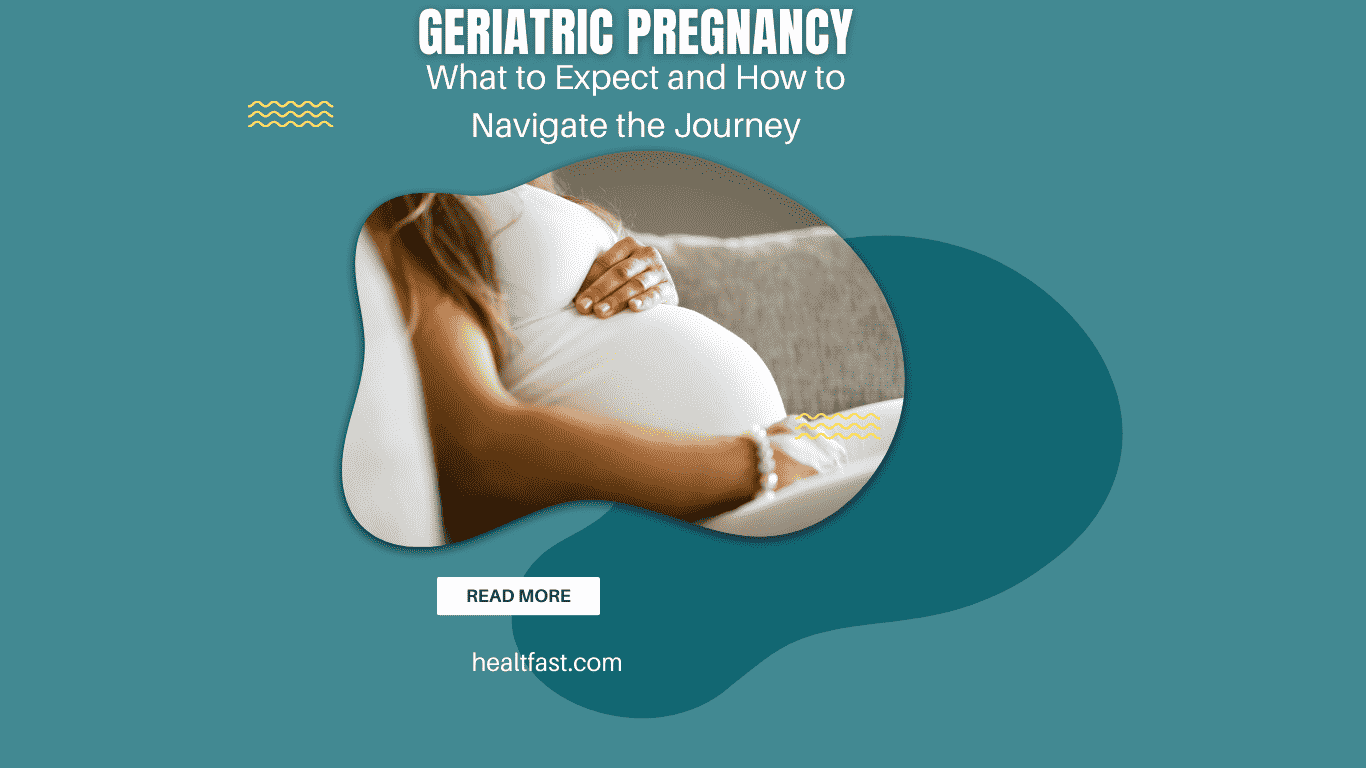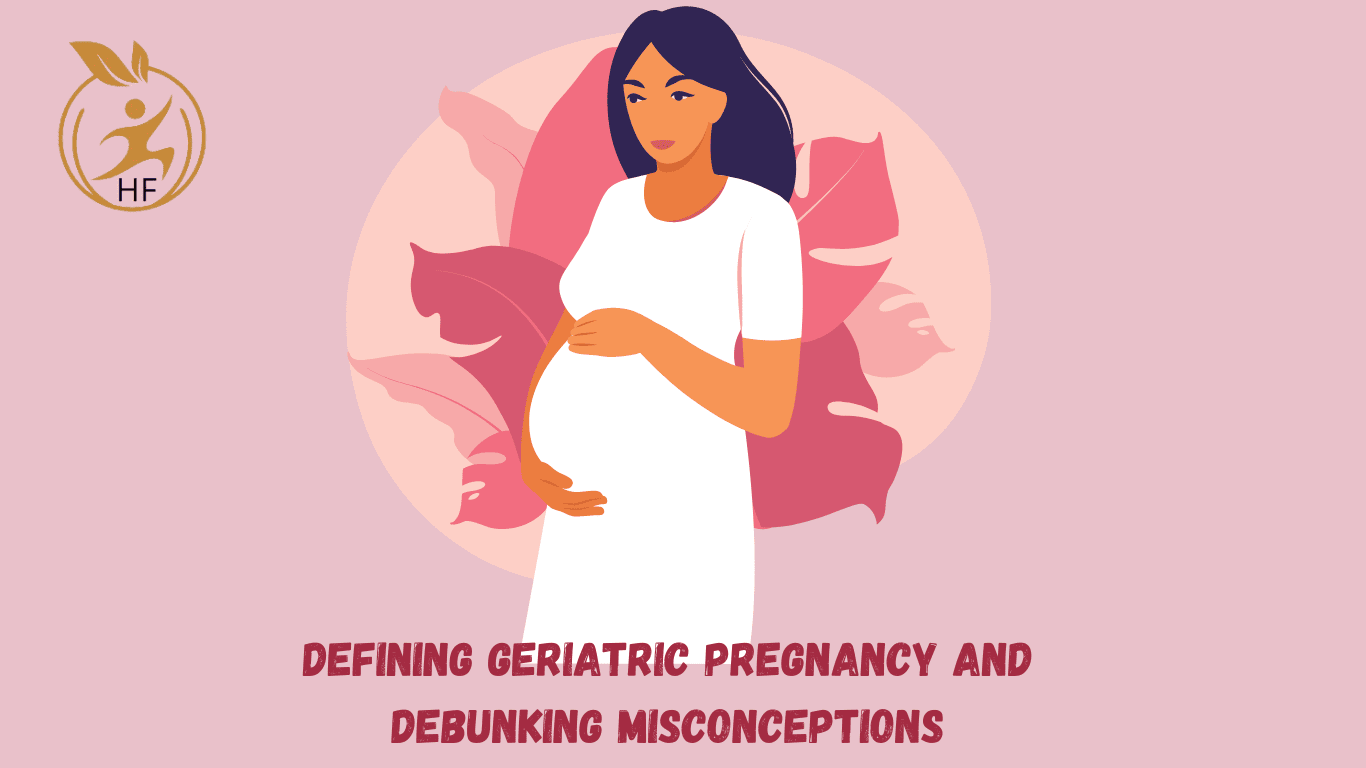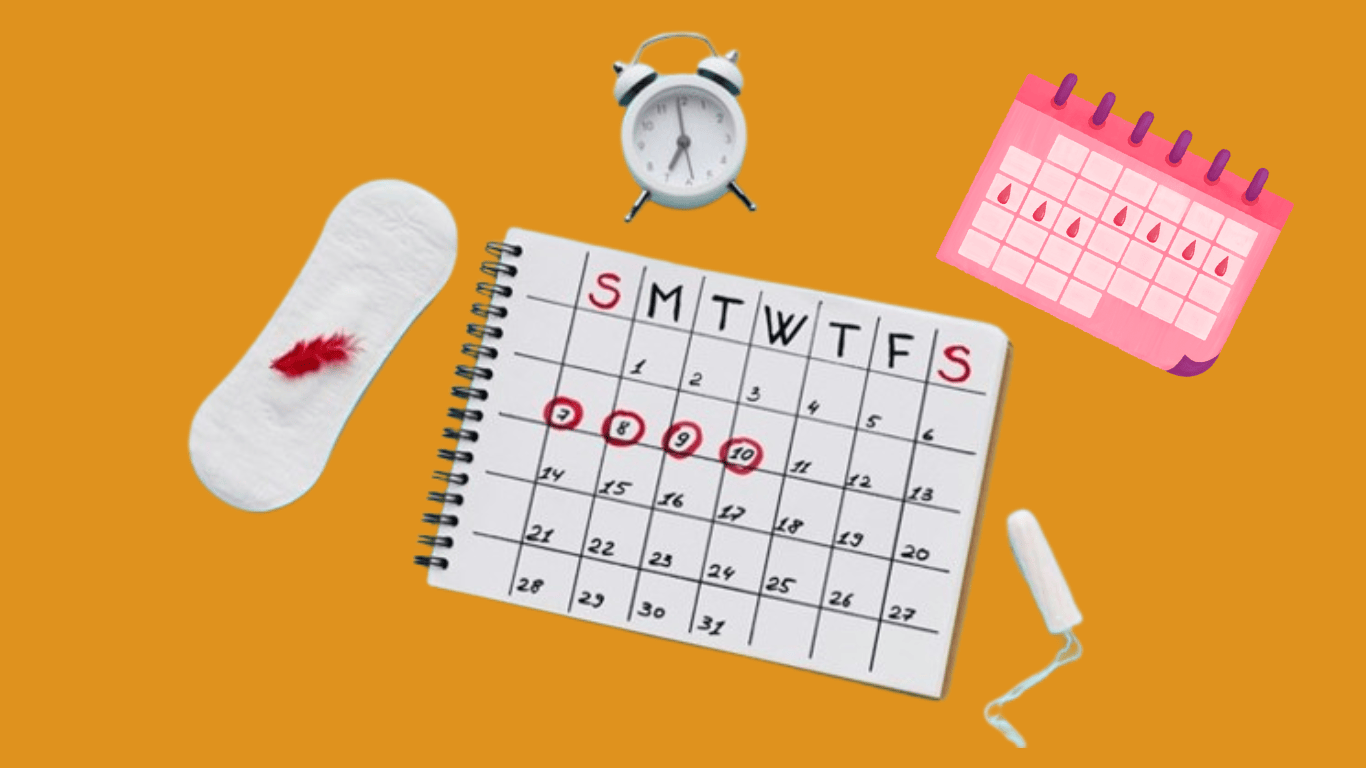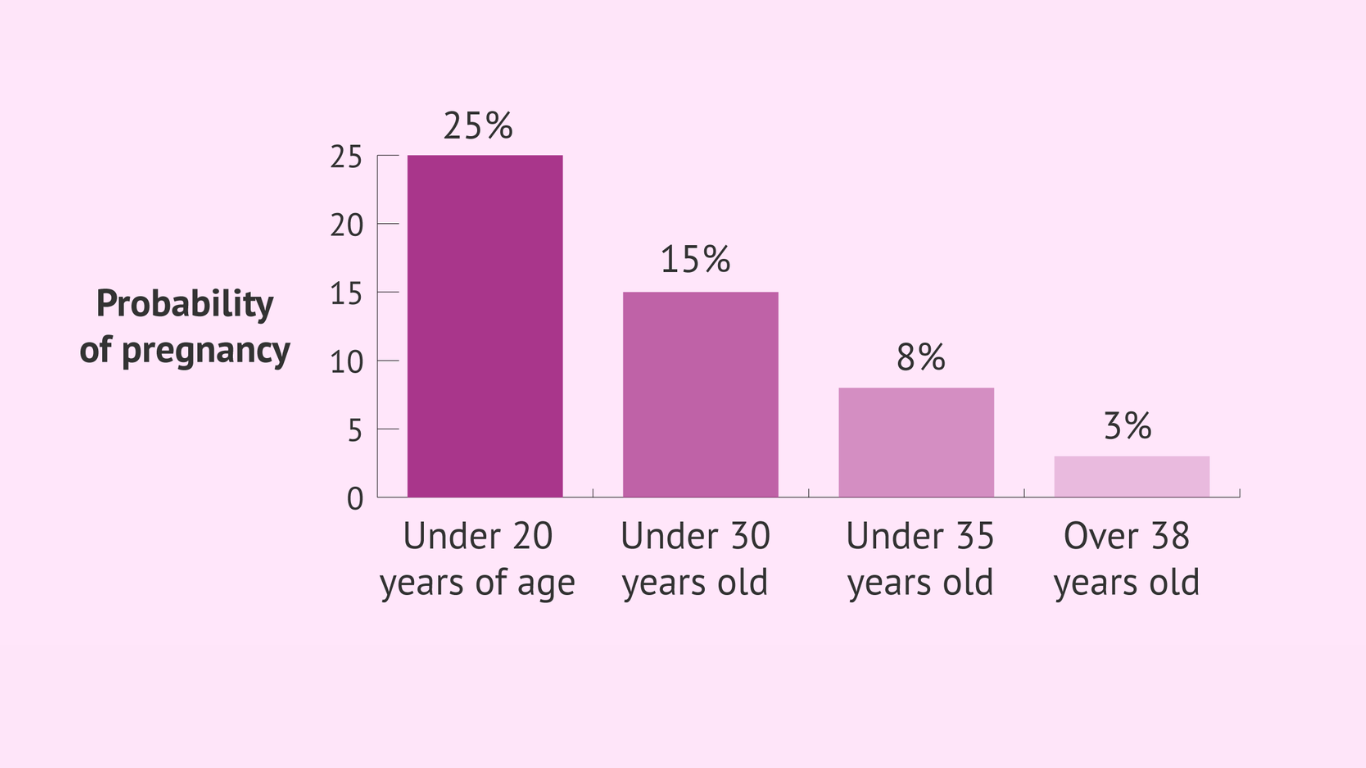40 weeks pregnant from today
The 40th week of pregnancy is the end of an incredible journey for the developing baby and the expectant mother. It is crucial for soon-to-be parents to comprehend the important elements and changes taking place during this last stage of pregnancy as this momentous occasion draws near. We will explore many aspects of the 40th week in this in-depth guide, including fetal development, maternal changes, typical symptoms, and essential advice for expectant mothers.
Fetal Development:
By the 40th week, the baby has grown from a tiny fertilized egg to a fully formed fetus that is ready to be born—an amazing transformation. An average baby at this age weighs between 7 and 8 pounds and is between 19 and 21 inches long. The baby’s ability to flourish outside the womb is ensured by the fully developed organs, which include the brain, liver, and lungs. As the waxy layer known as the vernix caseosa, which provides protection, starts to shed, the baby’s skin also gets smoother.
Maternal Changes:
During the 40th week of pregnancy, the expectant mother may feel a range of emotions, including excitement, anticipation, and occasionally nervousness. The body changes in a number of ways to get ready for labor and delivery. Effacement and dilation, a process that keeps the cervix thin and dilates, are necessary for the baby to pass through the birth canal. Practice contractions called Braxton-Hicks contractions may start to occur more frequently, simulating the start of labor.
Common Symptoms:
The expectant mother may experience a few common symptoms that worsen as the due date draws near. These may consist of:
- Increased Discomfort: As the baby grows, the pelvis may be subjected to increased pressure, which can cause back pain, discomfort, and trouble sleeping.
- Swelling: Fluid retention in certain women can cause swelling in the hands, feet, and ankles.
- Variations in Vaginal Discharge: The cervix may prepare to release a thicker mucus discharge known as the mucus plug.
- Braxton Hicks Contractions: These practice contractions may intensify, becoming more frequent and resembling true labor contractions.
Tips for the Expectant Mother:
- Keep Moving: Mild exercises, like walking, can ease pain and encourage the best possible fetal position.
- Maintain Hydration: Staying well-hydrated is crucial for overall health and can help manage symptoms like swelling.
- Monitor Contractions: Timing contractions can provide insights into whether labor is imminent. Contact your healthcare provider if contractions become regular and increasingly intense.
- Emotional Support: Surround yourself with a strong support system, including friends, family, and healthcare professionals, to navigate the emotional journey of the final weeks.
The beginning of a new life is celebrated during the 40th week of pregnancy. By being aware of common symptoms, changes in the mother, and fetal development, expectant mothers can feel more prepared and confident during this phase of life. As usual, maintaining open lines of communication with medical professionals helps to ensure a seamless entry into labor and delivery and promotes an educated and happy birth experience.










